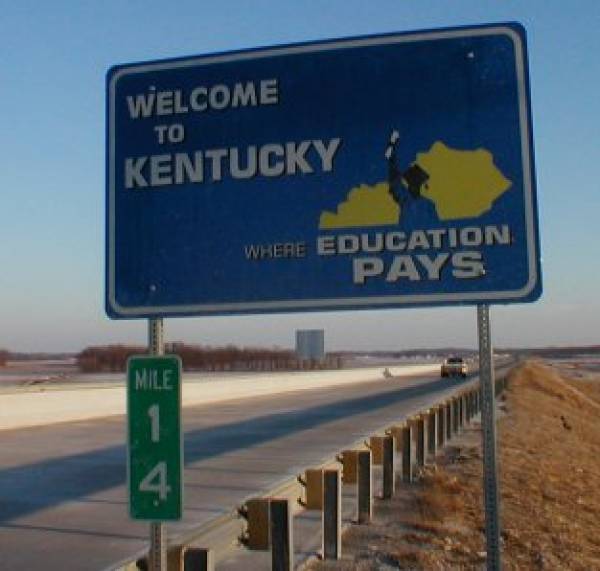Internet Domain Seizures Challenged in Kentucky Appeals Court

The Kentucky Court of Appeals listened to oral arguments in a suit brought by the Interactive Media Entertainment & Gaming Association (iMEGA) to block the seizure of 141 Internet domain names by the Kentucky government.
Attorneys for iMEGA, an Internet trade association in Washington, DC, asked the appeals court to overturn a lower court ruling ordering the seizures, on the grounds that the commonwealth's attorneys improperly tried to create a hybrid of criminal and civil laws to justify seizing the domain names without any normal criminal or civil proceedings.
"It is not sufficient for the state or a lower court judge to decide on their own that there is a criminal violation," said Jon L. Fleischaker, iMEGA's lead attorney from Dinsmore & Shohl in Louisville. "They don't like this (Internet gambling), Fleischaker said, "so they seized the names without hearing or process."
Kentucky Gov. Stephen Beshear and Michael J. Brown, the state's Secretary of Justice and Public Safety, have sought the domain names, most related to Internet gambling, in an effort to protect the state's own gambling industry from competition by online gambling sites.
Fleischaker also noted that the US 6th Circuit has ruled that domain names are no more than billboards. He noted that the Horseshoe Casino in Southern Indiana can advertise in Kentucky, even though gambling is illegal here, because of the First Amendment. Seizing a domain name is no different than the state seizing a casino billboard, Fleischaker said. "That is classic prior restraint," he said.
iMEGA, along with lawyers for the Interactive Gaming Council (IGC) and William Johnson, the "dean of Kentucky attorneys", all argued that the Kentucky courts lack jurisdiction over the domain names, which are owned by foreign companies.
Private attorneys, representing the commonwealth on a contingency fee-basis, repeatedly insisted that Internet gambling was against the law, though there are no laws in Kentucky making it illegal for residents to gamble online.
Erik Lycan, lead attorney for the commonwealth, raised a few eyebrows during questioning by Judge Michelle M. Keller, when asked about the commonwealth's assertion that domain names constituted "gambling devices". Judge Keller asked if, given that logic, the state had a right to seize the buses that transported people across the the bridge to Indiana to gamble in that state's legal casinos. Lycan responded yes, the state had that right.
iMEGA representatives were pleased by the proceeding. "Clearly, our attorney and the lawyers representing the other groups were excellent," said Joe Brennan Jr., iMEGA's chairman. "They were very comfortable with the give-and-take with the judges, and had a command of these important issues. We're very confident that we will prevail in this matter and put a stop to this dangerous precedent being set by the governor with this action."
"This matter has generated concerns across the online world about abuse of governmental power," said Brennan. "Kentucky is opening the door for any government - state and local, foreign and domestic - to use what amounts to blackmail to achieve its ends. If this precedent is allowed to stand, it's not hard to imagine a government like China utilizing this kind of seizure power to prevent free media, like the New York Times, from reaching their citizens."
"I think John Tate (attorney for IGC) said it well," Brennan said. "'If we can do it to them, they can do it to us'"













